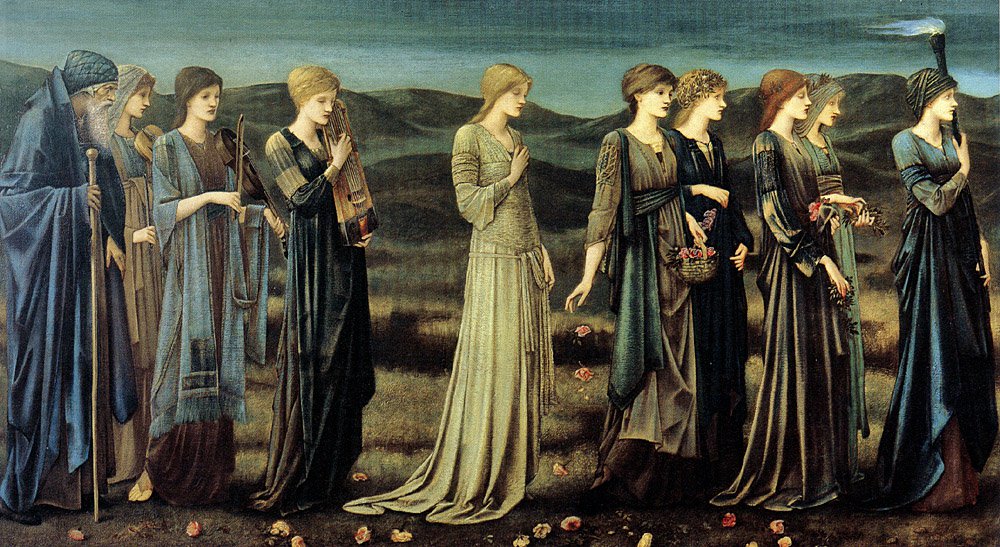For Adam A. DeFranco

[Ezra Pound referred to the poetic “Image” as an “intellectual and emotional complex in an instant of time.”] The “complex” then was a node involving not only the psyche, as that term is used by modern psychologists, but the soul, as that term is used by esoteric schools. So too, the quotation marks and the capitalization, setting the word “Image” apart, carried for the knowing reader the sense that the word had a special meaning beyond the apparent. “Image” and “Intellect” in the framework of Gnostic and neo-Platonic doctrines that haunt Pound ‘s cantos to the last are terms of a Reality that is cosmic and spiritual; they are terms of a visionary realism.
Reviewing H.D.’ s volume Sea Garden, John Gould Fletcher, a fellow Imagist, wrote:
“It is really about the soul, or the primal intelligence, or the Nous, or whatever we choose to call that link that binds us to the unseen and uncreated. . . . To penetrate H.D.’s inner meaning, it is only necessary that we approach her poetry with an open and responsive mind. . . . But this state of mind, receptive, quiescent, is also necessary if we are to understand Plotinus, or Dionysius the Areopagite, or Paracelsus, or Behmen, or Swedenborg, or Blake.”
That Image and Intellect may have been in the first phase of Imagism charged with more than a literary meaning begins to be clear.
— Robert Duncan, The H.D. Book, p. 48

The very movement of the line might be a magic then, theurgic in its intent, in which the Image was specially evoked. The line was to be expressive—that was the demand of the modern aesthetic, and Pound and H.D. were acutely sensitive to the style that the age demanded; but it was also to be efficacious—it was not to express the Image but to call up its Presence, to cause it to happen. We may read H.D.’s proposal in the Imagist Anthology of 1915 with a gathering suspicion: “A new cadence means a new idea” takes on a special meaning when the word idea is colored by the poetic lore of neo-Platonic theurgy. Pound’s injunction “to compose in the sequence of the musical phrase” may not only be a departure from literary conventions but a conversion to heresies of a spiritual order. There was no thing that was not, given the proper instant in time and intent in vision, Image. There was no image that was not, properly rendered, the nexus of divine and elemental orders in the human world. Anguish and ecstasy gave presence to, and were aroused by a presence in, the natural world. Rocks and sea, thunderous surfs, gardens and orchards actually exposed the soul to the spiritual presence, flooded it with the presence—all but unbearably—and yet, at the same time, sheltered it within the presence. (49)

Link 1: https://www.poetryfoundation.org/articles/69409/a-retrospect-and-a-few-donts
Link 2: H.D.’s Sea Garden https://www.gutenberg.org/files/28665/28665-h/28665-h.htm

Leave a Reply